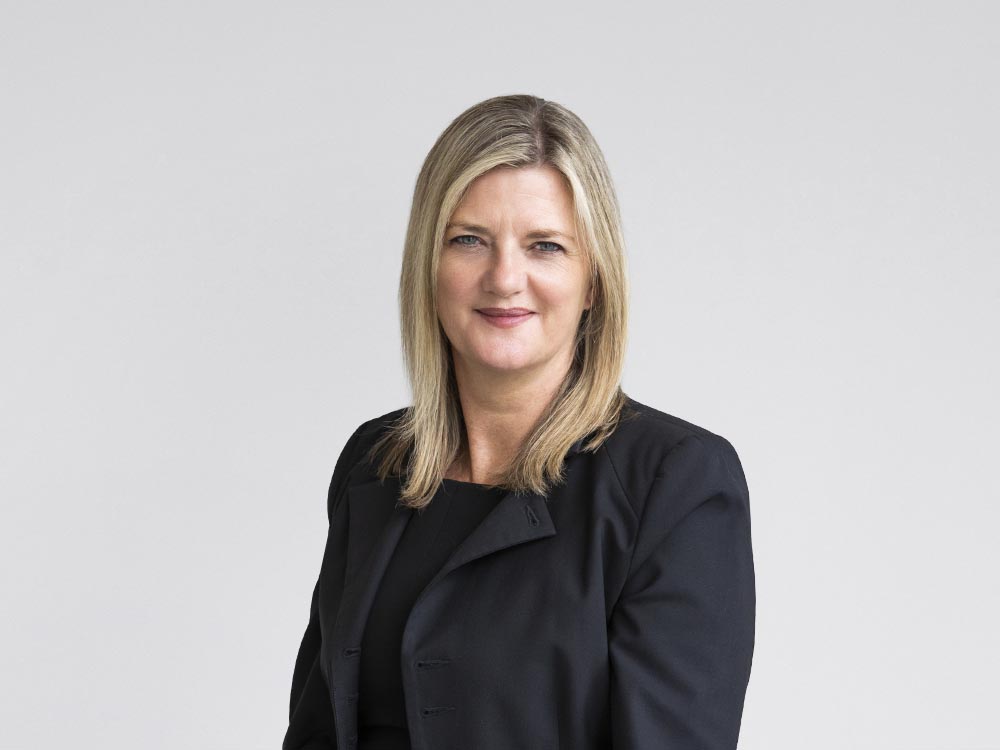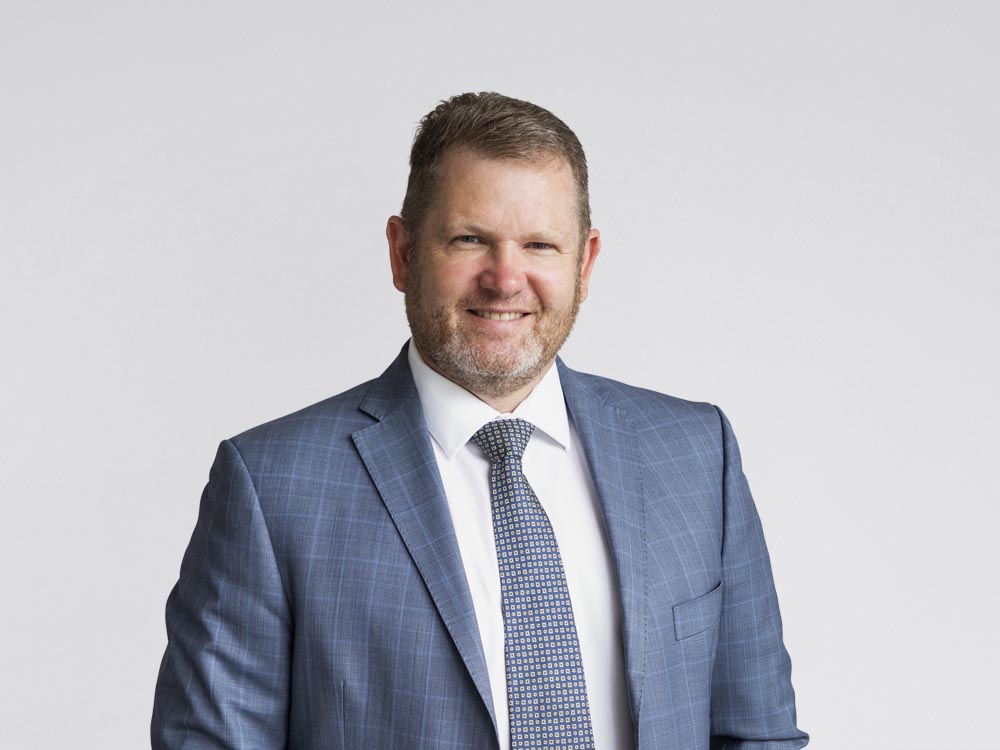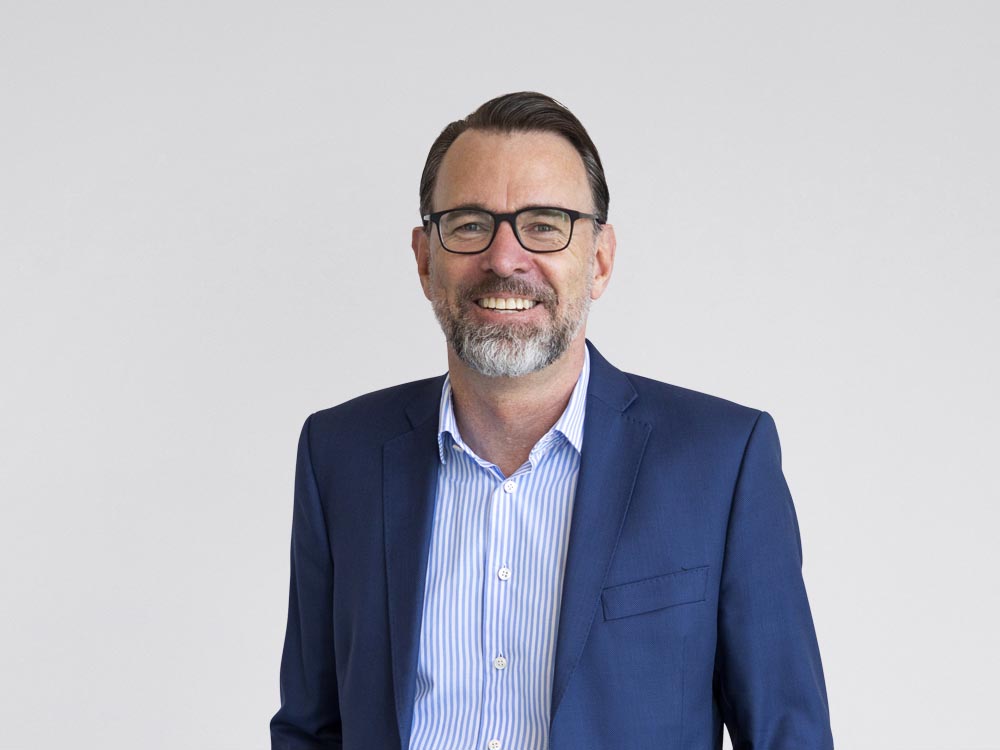Infrastructure NZ Delegation Reunion Dinner
MinterEllisonRuddWatts hosted the Infrastructure NZ Delegation Reunion Dinner at our Auckland Offices on 13 May 2021. In lieu of the ordinary international delegation, we welcomed the participants of the Infrastructure NZ delegations to Australia, UK, Canada, USA, Asia and the Ireland and Denmark delegations. A large number of infrastructure sector leaders were also in attendance.
The evening included a formal dinner followed by informal discussion and debate of the infrastructure sector and the challenges facing the sector in the coming years.
Infrastructure Sustainability Council of Australia Event: Resilience and the role of an infrastructure-led recovery
On 19 May 2021 MinterEllisonRuddWatts, in collaboration with the Infrastructure Sustainability Council of Australia, hosted an event focused on resilience and the role of an infrastructure-led recovery to the economic impacts of Covid-19. The event was a panel discussion moderated by Rachel Devine (Partner – MinterEllisonRuddWatts) made up of James Hughes (Climate and Resilience Specialist – Tonkin & Taylor); Andrew Caseley (CEO Energy Efficiency and Conservation Authority); Rosie Mercer (General Manager of Sustainability – Ports of Auckland); and Mark Lusis (Associate Principal, Sustainable Development – Arup).
The panel discussed the need for the National Climate Change Risk Assessment to adapt and take into account local conditions and the varied organisational tempos of asset owners. Future reform was discussed, along with the need for was a centralised, regulated response to ensure everyone in the industry was treated fairly. It was also suggested that carbon taxes were increased to exceed the cost of adaption. Continued development without adaption pushes the cost onto future tax and rate payers and perpetuates the problem.
The panel concluded that we all have a personal role to play and we must lead by taking longer term, bigger picture human-centric approaches to show there is clear social licence for bolder political and public sector responses.




